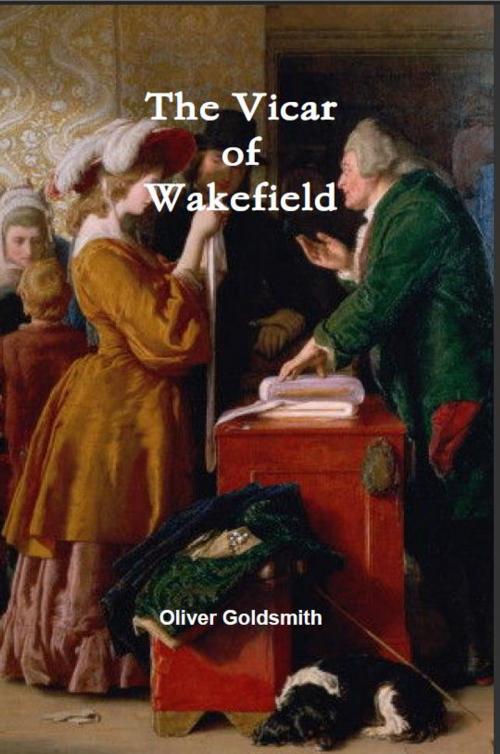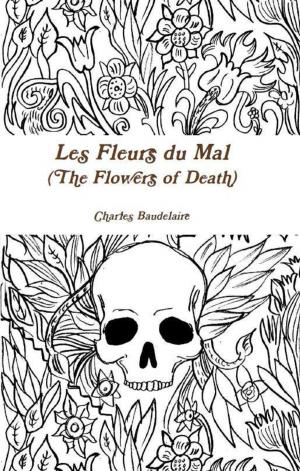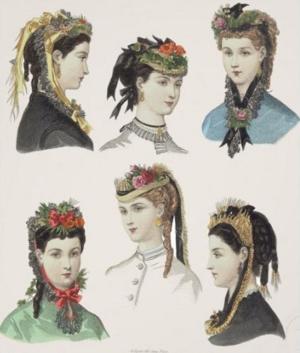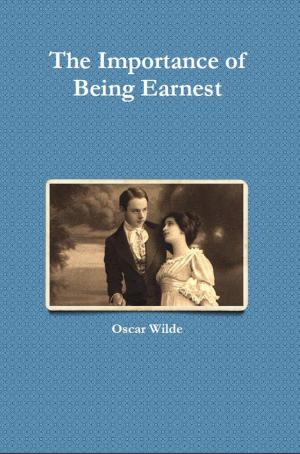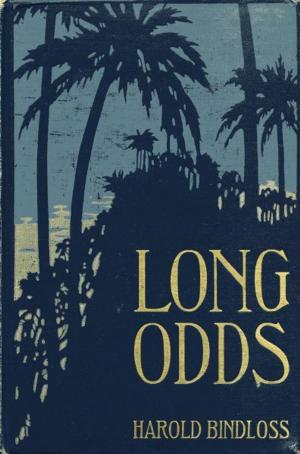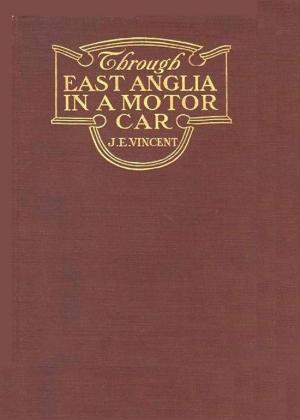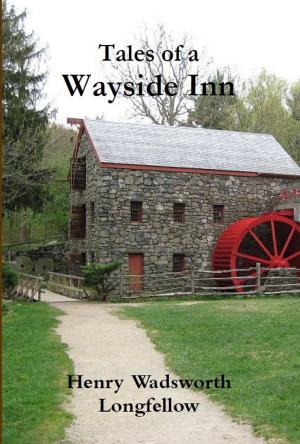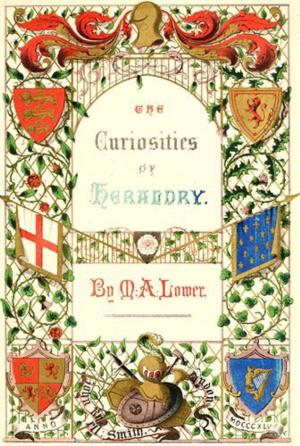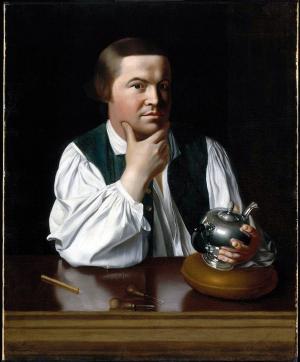| Author: | Oliver Goldsmith | ISBN: | 1230000034096 |
| Publisher: | AP Publishing House | Publication: | November 29, 2012 |
| Imprint: | Language: | English |
| Author: | Oliver Goldsmith |
| ISBN: | 1230000034096 |
| Publisher: | AP Publishing House |
| Publication: | November 29, 2012 |
| Imprint: | |
| Language: | English |
There are an hundred faults in this Thing, and an hundred things might be said to prove them beauties. But it is needless. A book may be amusing with numerous errors, or it may be very dull without a single absurdity. The hero of this piece unites in himself the three greatest characters upon earth; he is a priest, an husbandman, and the father of a family. He is drawn as ready to teach, and ready to obey, as simple in affluence, and majestic in adversity. In this age of opulence and refinement whom can such a character please? Such as are fond of high life, will turn with disdain from the simplicity of his country fire-side. Such as mistake ribaldry for humour, will find no wit in his harmless conversation; and such as have been taught to deride religion, will laugh at one whose chief stores of comfort are drawn from futurity.
- Oliver Goldsmith
Dr Primrose, his wife Deborah and their six children live an idyllic life in a country parish. The vicar is wealthy due to investing an inheritance he received from a deceased relative, and the vicar donates the £34 that his job pays annually to local orphans and war veterans. On the evening of his son George's wedding to wealthy Arabella Wilmot, the vicar loses all his money through the bankruptcy of his merchant investor who left town with his money.
The wedding is called off by Arabella's father, who is known for his prudence with money. George, who was educated at Oxford and is old enough to be considered an adult, is sent away to town. The rest of the family move to a new and more humble parish on the land of Squire Thornhill, who is known to be a womanizer. On the way, they hear about the dubious reputation of their new landlord. Also, references are made to the squire's uncle Sir William Thornhill, who is known throughout the country for his worthiness and generosity.
A poor and eccentric friend, Mr. Burchell, whom they meet at an inn, rescues Sophia from drowning. She is instantly attracted to him, but her ambitious mother does not encourage her feelings.
Then follows a period of happy family life, interrupted only by regular visits of the dashing Squire Thornhill and Mr. Burchell. Olivia is captivated by Thornhill's hollow charm, but he also encourages the social ambitions of Mrs. Primrose and her daughters to a ludicrous degree.
Finally, Olivia is reported to have fled. First Burchell is suspected, but after a long pursuit Dr. Primrose finds his daughter, who was in reality deceived by Squire Thornhill. He planned to marry her in a mock ceremony and leave her then shortly after, as he had done with several women before.
When Olivia and her father return home, they find their house in flames. Although the family has lost almost all their belongings, the evil Squire Thornhill insists on the payment of the rent. As the vicar cannot pay, he is brought to gaol.
Afterwards is a chain of dreadful occurrences. The vicar's daughter, Olivia, is reported dead, Sophia is abducted, and George too is brought to gaol in chains and covered with blood, as he had challenged Thornhill to a duel when he had heard about his wickedness.
But then Mr. Burchell arrives and solves all problems. He rescues Sophia, Olivia is not dead, and it emerges that Mr. Burchell is in reality the worthy Sir William Thornhill, who travels through the country in disguise. In the end, there is a double wedding: George marries Arabella, as he originally intended, and Sir William Thornhill marries Sophia. Squire Thornhill's servant turns out to have tricked him, and thus the sham marriage of the Squire and Olivia is real. Finally, even the wealth of the vicar is restored, as the bankrupt merchant is reported to be found.
There are an hundred faults in this Thing, and an hundred things might be said to prove them beauties. But it is needless. A book may be amusing with numerous errors, or it may be very dull without a single absurdity. The hero of this piece unites in himself the three greatest characters upon earth; he is a priest, an husbandman, and the father of a family. He is drawn as ready to teach, and ready to obey, as simple in affluence, and majestic in adversity. In this age of opulence and refinement whom can such a character please? Such as are fond of high life, will turn with disdain from the simplicity of his country fire-side. Such as mistake ribaldry for humour, will find no wit in his harmless conversation; and such as have been taught to deride religion, will laugh at one whose chief stores of comfort are drawn from futurity.
- Oliver Goldsmith
Dr Primrose, his wife Deborah and their six children live an idyllic life in a country parish. The vicar is wealthy due to investing an inheritance he received from a deceased relative, and the vicar donates the £34 that his job pays annually to local orphans and war veterans. On the evening of his son George's wedding to wealthy Arabella Wilmot, the vicar loses all his money through the bankruptcy of his merchant investor who left town with his money.
The wedding is called off by Arabella's father, who is known for his prudence with money. George, who was educated at Oxford and is old enough to be considered an adult, is sent away to town. The rest of the family move to a new and more humble parish on the land of Squire Thornhill, who is known to be a womanizer. On the way, they hear about the dubious reputation of their new landlord. Also, references are made to the squire's uncle Sir William Thornhill, who is known throughout the country for his worthiness and generosity.
A poor and eccentric friend, Mr. Burchell, whom they meet at an inn, rescues Sophia from drowning. She is instantly attracted to him, but her ambitious mother does not encourage her feelings.
Then follows a period of happy family life, interrupted only by regular visits of the dashing Squire Thornhill and Mr. Burchell. Olivia is captivated by Thornhill's hollow charm, but he also encourages the social ambitions of Mrs. Primrose and her daughters to a ludicrous degree.
Finally, Olivia is reported to have fled. First Burchell is suspected, but after a long pursuit Dr. Primrose finds his daughter, who was in reality deceived by Squire Thornhill. He planned to marry her in a mock ceremony and leave her then shortly after, as he had done with several women before.
When Olivia and her father return home, they find their house in flames. Although the family has lost almost all their belongings, the evil Squire Thornhill insists on the payment of the rent. As the vicar cannot pay, he is brought to gaol.
Afterwards is a chain of dreadful occurrences. The vicar's daughter, Olivia, is reported dead, Sophia is abducted, and George too is brought to gaol in chains and covered with blood, as he had challenged Thornhill to a duel when he had heard about his wickedness.
But then Mr. Burchell arrives and solves all problems. He rescues Sophia, Olivia is not dead, and it emerges that Mr. Burchell is in reality the worthy Sir William Thornhill, who travels through the country in disguise. In the end, there is a double wedding: George marries Arabella, as he originally intended, and Sir William Thornhill marries Sophia. Squire Thornhill's servant turns out to have tricked him, and thus the sham marriage of the Squire and Olivia is real. Finally, even the wealth of the vicar is restored, as the bankrupt merchant is reported to be found.
